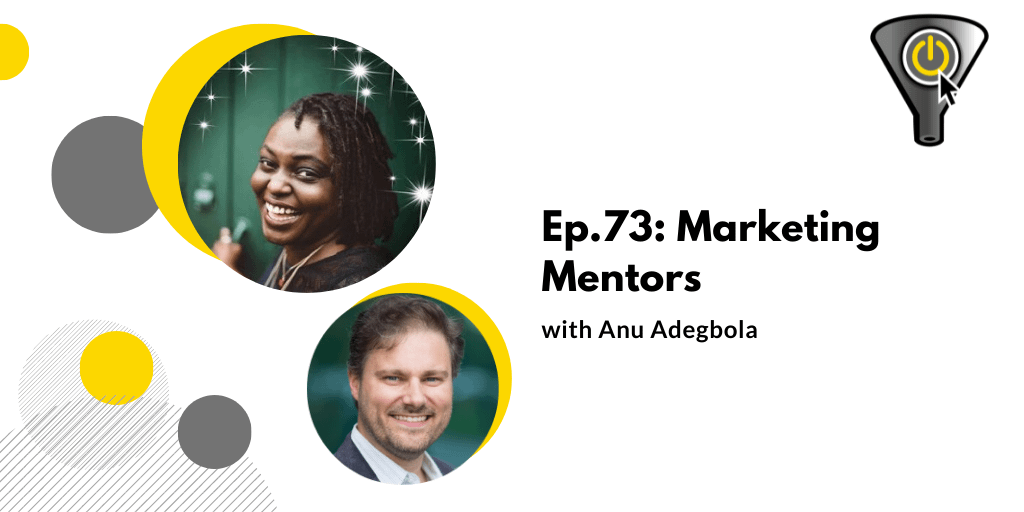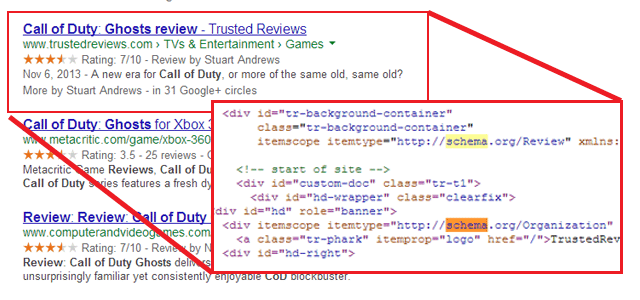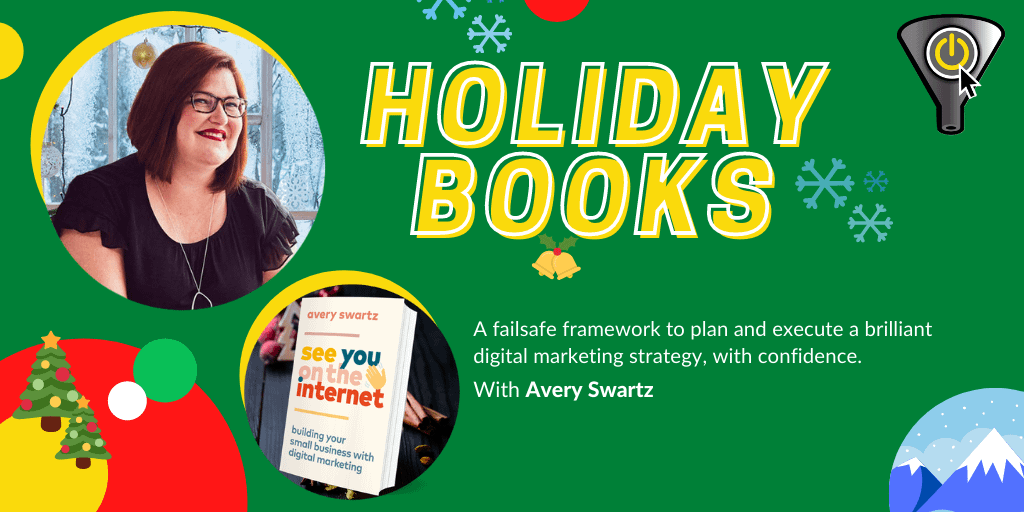When you hear the words “Manufacturing” or “Industrial,” it probably conjures up pictures of smoke-billowing factories somewhere in the American rust belt in the mid-20th century. Those hay days are long gone, that sector’s jobs, which used to account for half of all jobs in the 1950s, had slid to less than 10% by 2009.
The last dozen years though, have brought something of a renewal to manufacturing. Thanks to the Internet of Things, specifically the Industrial IOT movement, many companies are now making ‘smart’ products that scoop up data about their own health and how they’re being used, a real goldmine for the products’ makers. Thanks to Moore’s law, they are designing things faster and cheaper, 3D printing takes the minimum number you need to fabricate from huge lots down to single units. The outlook for manufacturing jobs in the 2020’s in places like the US is rosy, with 13 Million workers, producing a total of $2.00 trillion in goods, or a fifth of the entire GDP (Gross Domestic Product). It’s not only a good time for manufacturing production people, it’s good for the marketers that work there too.
My guest today is someone who embodies this upbeat outlook. Caine Ruckstuhl is Head of Marketing, North America for CAREL. He has worked with clients in highly engineered products in Manufacturing businesses, much of it in the HVAC & Humidification space. He knows what it’s like to be in an environment dominated by engineers, who are notoriously numbers driven, and who aren’t easily impressed by marketing.
He also has experience marketing consumer products, as his wife perceived young women demanding better hygiene in public washrooms, He and his wife created a brand of paper toilet seat covers in 2008, doing everything from designing, sourcing, distributing and of course marketing it. When Caine isn’t flying around North America, South America and Europe, he can be found at home with his wife and a lot of very small dogs.
Listen to some excellent insights about this tough, quirky environment of marketing manufactured products. Hear what has worked for him, so you’ll come away appreciating what it’s like to be an industrial marketer.
People/Products/Concepts Mentioned in Show
Glenn’s blog post on lessening importance of specs in marketing
Episode Reboot.
For another episode on marketing engineered products, check out Episode 55.






